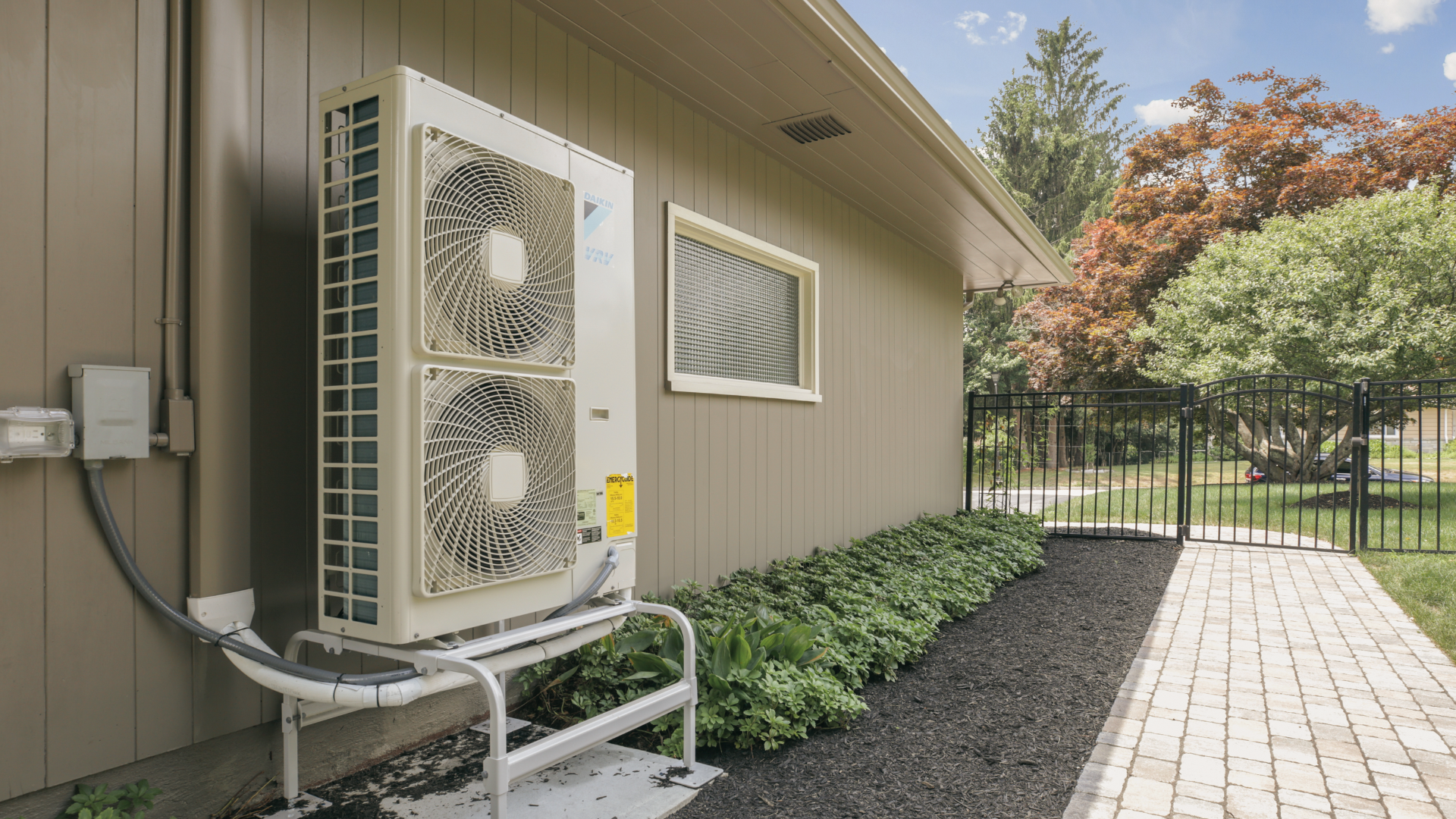Regional cooling demand diverges in March, data shows
Some areas of the U.S. experienced a warmer March than others, according to the latest national weather data

Image: Sealed
U.S. weather patterns were mixed in March, with some areas experiencing a warmer month than last year, while others turned colder, according to the latest national weather data.
The big picture: While the month falls between peak seasons for the HVAC industry, nationwide cooling demand in March has grown double-digits for three consecutive years, increasing 18 percent this year.
- Catch up: Both cooling and heating activity are tracked by ‘Degree Days,’ which measure the difference between a day’s average temperature and 65 ℉.
What’s happening: The region encompassing Arkansas, Louisiana, Oklahoma, and Texas saw Cooling Degree Days jump 64 percent compared to last year, while Heating Degree Days dropped 22 percent, indicating a warmer month and an earlier transition to cooling season.
- Heating needs also declined — by 11 percent — in the Mountain region, from Montana to Arizona; however, unlike the former region, the reduction wasn’t offset by any significant increase in cooling demand.
Meanwhile, the South Atlantic, which spans from Delaware down to Florida, experienced the opposite trend, as March was slightly colder than last year, driving a five percent uptick in heating demand — cooling demand fell 33 percent.
- New England also saw a slightly colder March, while every other region in the U.S. showed no meaningful changes in either direction.
What’s next: April figures will be released during the first week of May.
📬 Get our stories in your inbox
Keep reading
Home service contractors see advertising returns on Yelp
November 6, 2023
Small business, HVAC get a pulse check
October 9, 2023


